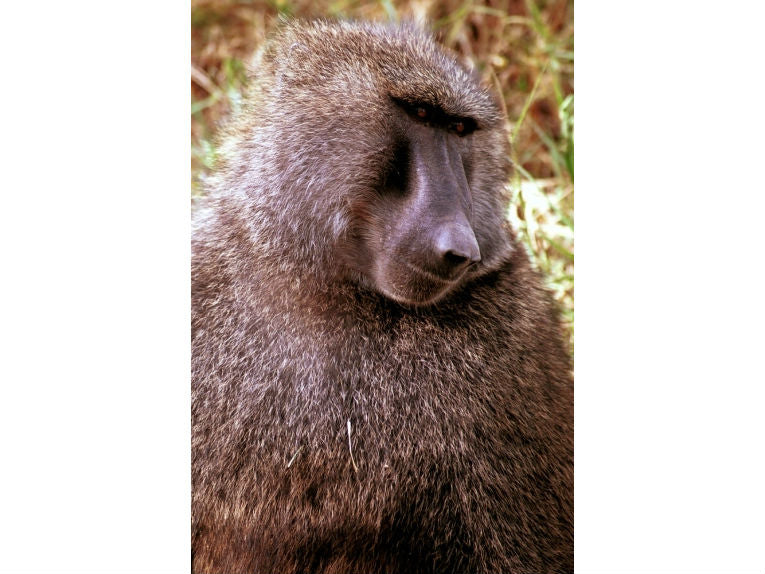In many species, including our own, low social status has been known to affect immune responses and cause poor condition and the onset of old age, with high status having its own effects. Over 27 years, from 1982 till 2009, 166 wild male baboons have been observed for illness, injury and speed of healing.
It was expected by the researchers that the reproductive effort and high testosterone levels associated with high status would have suppressed the immune response, but such males appeared less ill and recovered more quickly than all other males. Alpha males who have high glucocorticoid levels were also found to have healed much faster than other high rankers.
The work displayed in this paper tries to diagnose why these effects might appear. Elizabeth Archie, Jeanne Altmann and Susan Alberts form University of Notre Dame, Princeton University and Duke University, North Carolina, all in US, and University of Nairobi, Kenya, publish their paper in PNAS.
In Amboseli reserve, in Kenya, recorders listed episodes of coughing, limping, bleeding and diarrhoea for the years quoted. It must have taken lots of dedication to undertake such a study. Non-invasive observation was the sole criterion for filling in the records (and many minor injuries were excluded because baboons often hide their symptoms). Injury occurred approximately 12X more frequently than illness (only 0.07 cases per male per year), but 633 cases had been recorded on up to 17 individual males.
As age and rank are linked in baboon hierarchies, low ranking males with slower recovery rates could have been explained by natural ageing processes. However, to the surprise of the authors, rank was a better predictor than age. Group size influenced recovery rate too, especially in low-ranking males. Although beta males (who also have high rank) healed equally well, they did not have the reproductive stress and high testosterone and glucocorticoid levels that alphas had.
This research points to "something else" that causes the extreme health of the highest ranking males in baboons. Elizabeth Archie et al conclude that an evolutionary flexibility enables these males to overcome the odds and achieve their natural function at the head of the group. Testosterone certainly does cause reduction in the immune response in some species.
Even in this group of baboons, glucocorticoids slow the immune response in low-ranking males, yet do not have the same effect on the alphas. The relative youth of the alphas could mitigate the effects while different kinds of stress occur in the different ranks. The effect of injury or illness is often to lower the rank of the animal. The mystery remains, but the researchers seem sure to cap their research to find out the answer to how a male of any species, including our own, could overcome chemical effects to reach an evolutionary high!










